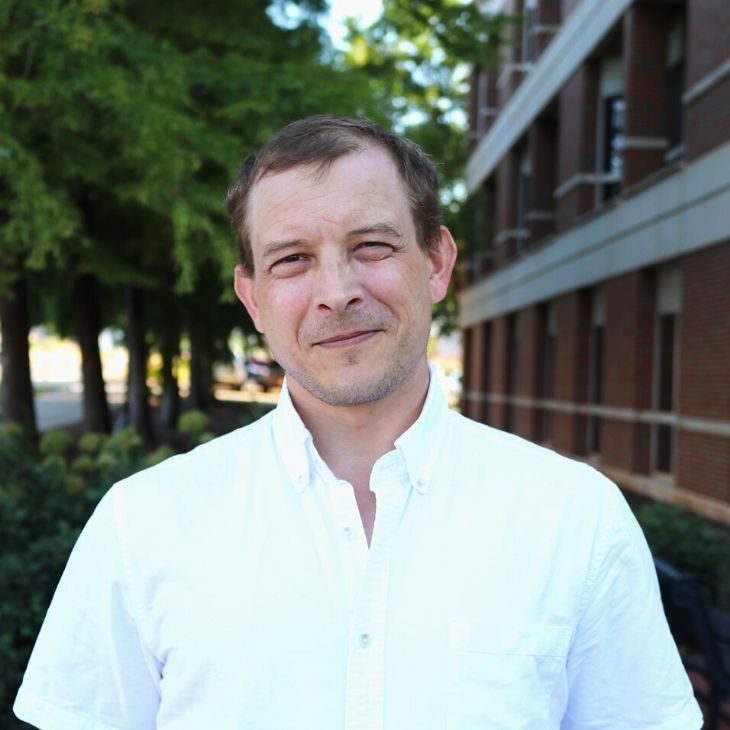
OSU professor utilizes global pandemic as teaching tool
Friday, April 3, 2020
One Oklahoma State University professor is overcoming barriers by directing his students to handle the COVID-19 pandemic as a first-hand learning experience.
Dr. Marten Brienen, a professor at the OSU School of Global Studies, has a keen interest in all things disastrous. He studies state responses to disaster, refugee crises, institutional weaknesses and citizen security. He is also the director of OSU’s International Disaster Management Certificate program and a lecturer in the OSU School of Global Studies.
Brienen, like many other professors, has had to adapt his Global Crisis Management course to the many changes universities are facing. Students were originally meant to discuss things such as the causes of natural disasters, terrorism, economic crises and how international response teams operate. He has recently altered the course’s scope to allow students to utilize current events to gain insight into pandemic preparations, responses and impacts.
“My Global Crisis Management class will be entirely refocused on this crisis,” he said. “The plan now is to have students work with me to collaboratively build a dataset of specific measures taken in different countries and states, with a fair level of detail.”
Students in the Global Crisis Management course are analyzing data from across the globe: recorded cases, mortality rates, public and government responses. By taking reproducible data, students are able to take a look at this global crisis outside the realm of media and dive deeper into the analysis of COVID-19's impact.
Students like Shelby Jackson have welocomed the new and timely direction. Jackson is a doctorate candidate in the OSU School of Kinesiology, Applied Health and Recreation. She also is a recreation therapist and is pursuing a Global Issues Graduate Certificate. Applying recreation therapy to a health crisis has been an interesting connection for Shelby.
“I think that seeing everyone at home playing games or going on walks really highlights the value of having some type of escape through recreation to manage during times like this,” Jackson said. “This class is helping me as a professional recognize that even in my area, we need to find a way to be prepared for these random and scary scenarios.”
Michael Afolabi, a global studies graduate student from Nigeria studying global development said he has learned a great deal about even his own country from Brienen’s approach.
“Dr. Brienen is teaching us analysis skills that you could never learn from a book,” Afolabi said. “Because Dr. Brienen is using very current events and using what is happening right now, he is helping us understand the global responses as they happen. The class has even helped me understand the reality in my home country of Nigeria that I wouldn’t otherwise learn from the media.”
Dr. Brienen hopes that students can learn from these developing datasets and recognize the impact of government and public responses on various crises.
“I saw some concern prior to spring break, but probably more so now,” Brienen said. “Any young person who thinks this only hits old people is tragically wrong. Even if older demographics carry more risk of death, many young people are being hospitalized in critical care and even dying.”
Brienen hopes his students and the public hear and heed the messages of health officials.
“Seriously, avoid contact with anyone outside your household,” he said. “Until we have treatment options, you do not want to catch this and your best chance of avoiding it is to stay away.”
MEDIA CONTACT: Lyn Putnam | School of Global Studies and Partnerships | 405.744.5496 | lyn.putnam@okstate.edu
